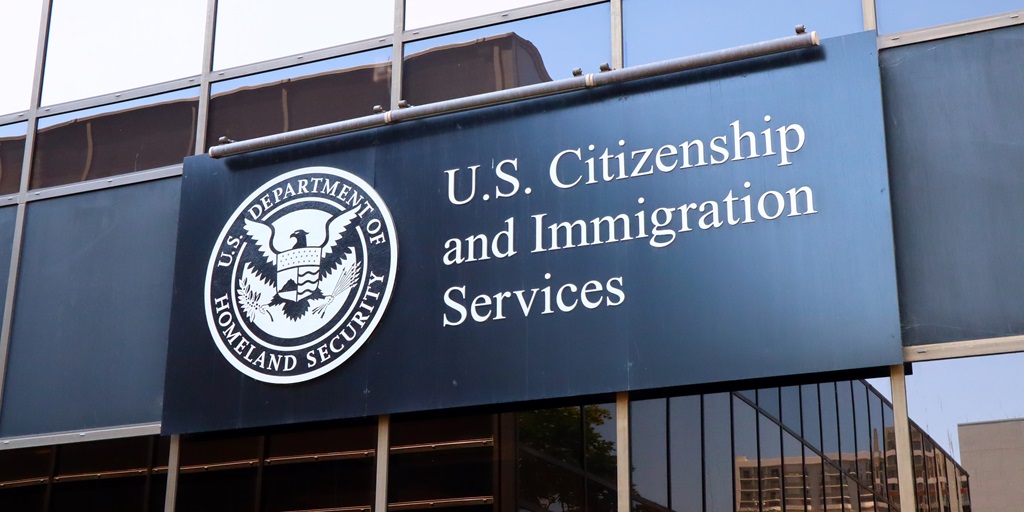
USCIS moves to expand social media vetting for immigration
U.S. Citizenship and Immigration Services (USCIS) wants to expand social media vetting for green card and citizenship applicants. A new proposal would require people to list their social media handles and platforms on several immigration forms.
The notice appeared in the Federal Register on March 5, launching a 60-day public comment period. USCIS says the change will help strengthen national security and create consistent vetting standards across cases.
Applicants won’t have to share passwords. But the agency is asking for input from the public and other federal agencies through May 5.
Trump-era order driving the push
The proposal follows an executive order signed by former President Donald Trump. The order, Protecting the United States from Foreign Terrorists and Other National Security and Public Safety Threats, calls for tighter screening of immigration applicants.
USCIS says that includes social media vetting. If approved, the new requirement would appear on forms like the N-400 (citizenship), I-131 (travel documents), and I-485 (green card).
Privacy advocates see legal risks
Jonathan Park, an immigration attorney, says the move could spark legal fights. “This would be the first time social media is used in routine screenings,” he said. “There’s likely to be tension between security and privacy.”
The proposed policy could also apply to other immigration cases, including asylum and residency adjustments. That would widen the scope of social media vetting beyond naturalization.
Border searches already expanding
While USCIS considers the change, U.S. Customs and Border Protection (CBP) is already stepping up digital checks. Officers at major airports, including Los Angeles International (LAX), have been inspecting travelers’ phones and laptops more often, according to The New York Times.
These searches now include lawful visa holders and permanent residents. The broader trend: tighter federal oversight of travelers’ personal data.
Korean American group urges caution
Jangho Kim, co-director of the National Korean American Service & Education Consortium (NAKASEC), says the policy could hurt privacy protections guaranteed by the Constitution.
“Privacy should apply no matter your status, race, or religion,” Kim said. He advised travelers to avoid using facial recognition and instead lock phones with passcodes. Setting extra passwords for apps like messaging services may also help, he said.
With device checks becoming more common, privacy advocates say preparation matters.


![Hangar images indicate North Korean advances in military drone domain Satellite photos taken on March 28, included in Beyond Parallel's report on North Korea, shows what appears to be seven new drone hangars at the Banghyon Air Base. [SCREEN CATPURE]](https://www.koreadailyus.com/wp-content/uploads/2025/04/0402-Hangar-100x70.jpg)

![Deeper-I, Efinix sign deal to develop world’s first AI-FPGA single-chip solution Ikuo Nakanishi, left, vice president of sales at Efinix and Lee Sanghun, right, CEO of Deep-I pose for a photo after signing MOU on March 26. [Provided by Deeper-I]](https://www.koreadailyus.com/wp-content/uploads/2025/04/0401-DeeperI-100x70.png)